Lock In Those New Year Resolutions With All The Right Gear
It’s the end of a decade. And, if you’re like most everyone I know (myself included), it’s the time of year when you begin to optimistically look toward the future with a series of well-meaning annual resolutions.
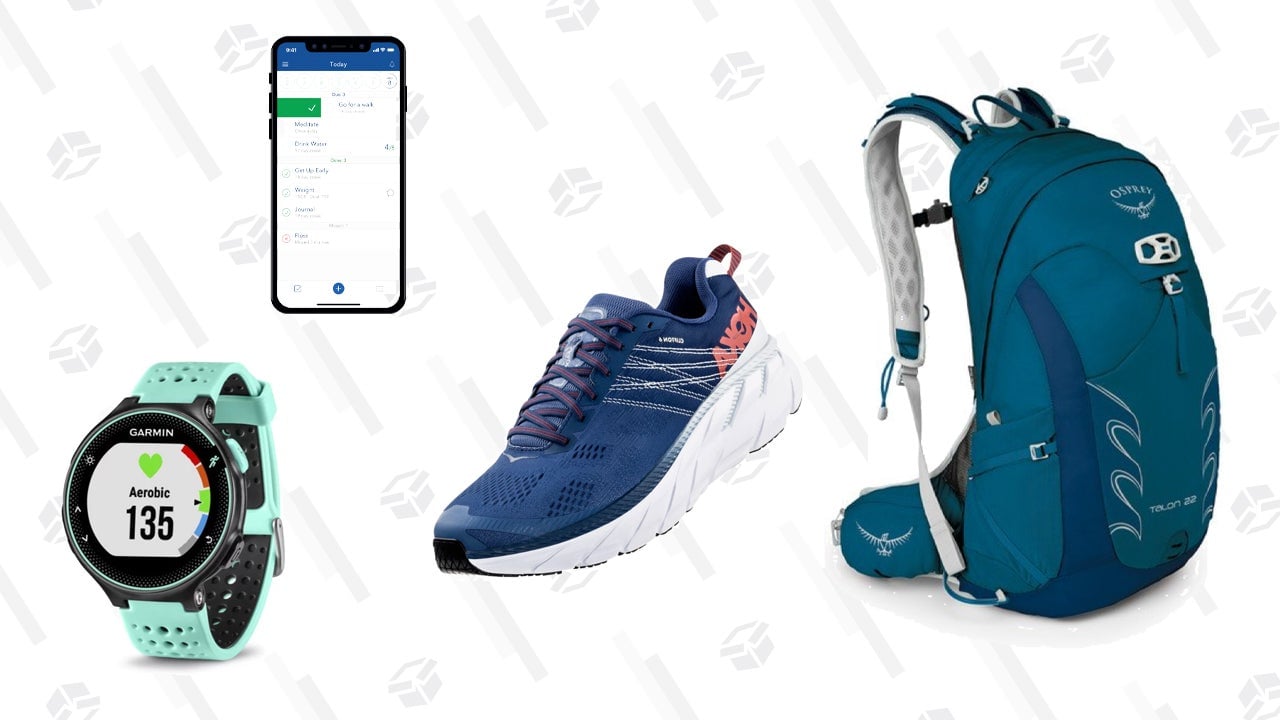
It’s the end of a decade. And, if you’re like most everyone I know (myself included), it’s the time of year when you begin to optimistically look toward the future with a series of well-meaning annual resolutions.
Suggested Reading
Look, I understand that New Year’s Resolutions aren’t for everyone. Some people opt for a word of the year while others tend to make goals whenever and wherever they see fit. My take: you do do. For me, I’ve created a list of five goals to tackle in 2020 with one focusing on outdoor accomplishments. I haven’t said it out loud yet, but here it is: I want to ski-bike-hike-trail run 100,000 vertical feet this year.
Related Content
Phew. Feels good to get that off my chest.
But, I also know that I’ll need some carefully-chosen gear items to help me in this endeavor. This got me thinking: what will YOU need to tackle your 2020 goals?
Below, you’ll see a list of some of the most popular fitness goals along with the best gear needed to help you along the way. Let’s head into the new year—and decade—with a bang, shall we?
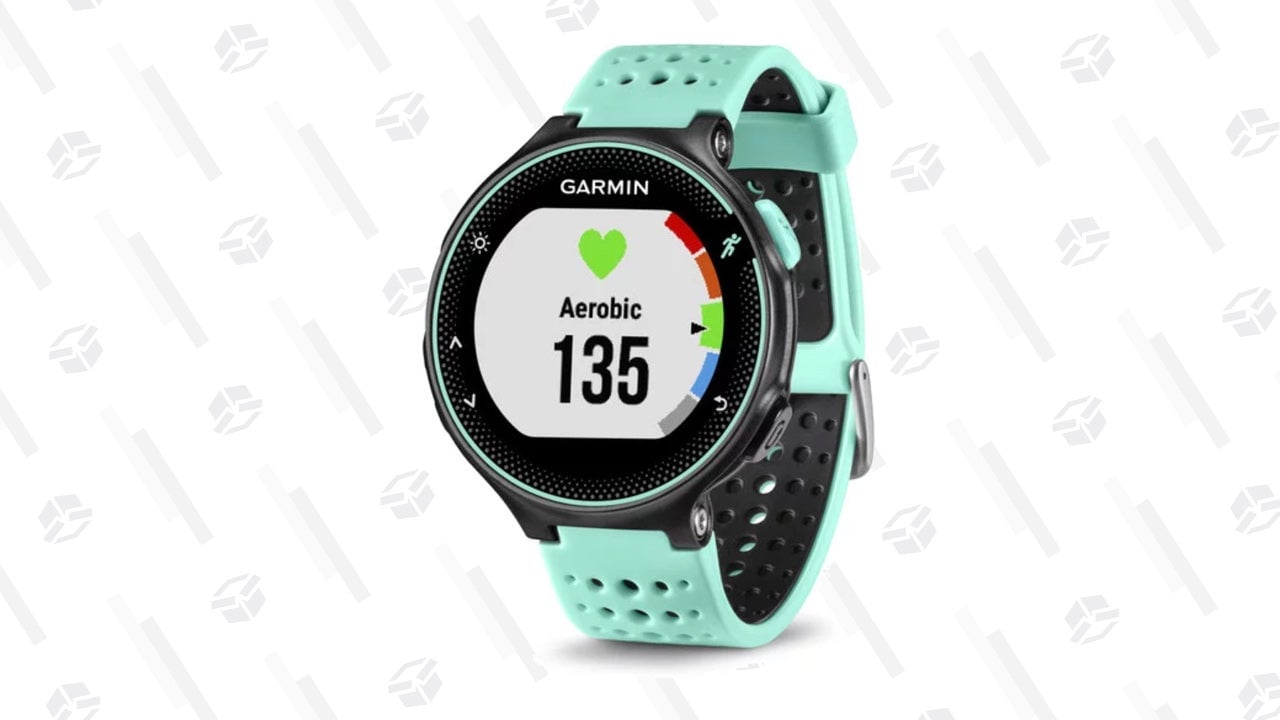
Gear Needed: Garmin Forerunner 235 GPS Watch
Maybe 500 miles seems ambitious to you. Or, maybe that’s your weekly mileage. Either way, if you plan on tackling an annual mileage goal, it’s helpful to have a GPS watch that will calculate your mileage for you so you don’t get stuck at your computer, trying to figure out your distance with MapMyRun. The Forerunner 235 isn’t the fanciest Garmin out there but it covers the basics for most people: heart rate, distance, pace, and time. Plus, built-in features also record sleep habits and step count so that you can work on self-maintenance in other ways.
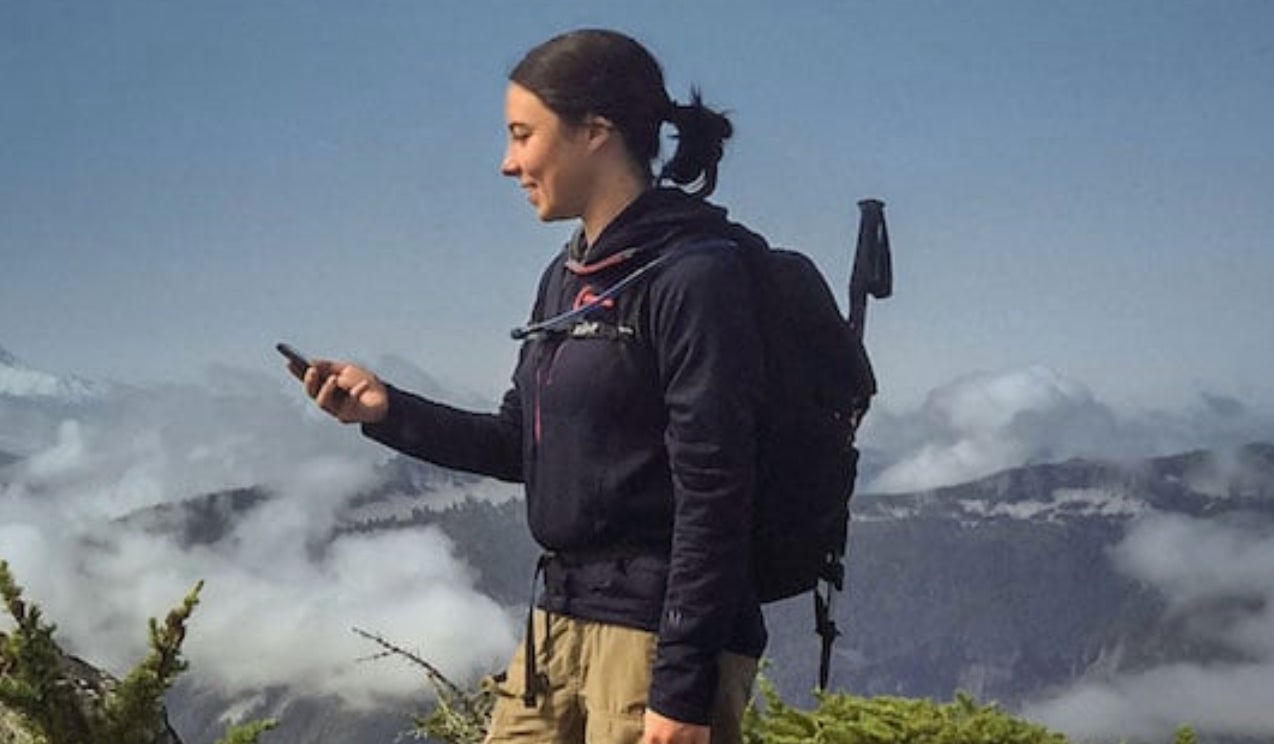
Gear Needed: A Subscription to Gaia GPS
Spending a night under the stars is incredible, but you know what isn’t incredible? Getting lost in the wilderness. Avoid that pitfall with a subscription to Gaia GPS, easily the best GPS app I’ve ever used. Not only can you download accurate topo maps offline, but you can sync your data throughout all of your devices to make it easier to study and analyze later. Plus, the app allows you to record your hikes so you can look back on the data later. Of course, Gaia is no substitute for a good old fashioned map and compass, but it makes a great backup—especially at $20 per year.
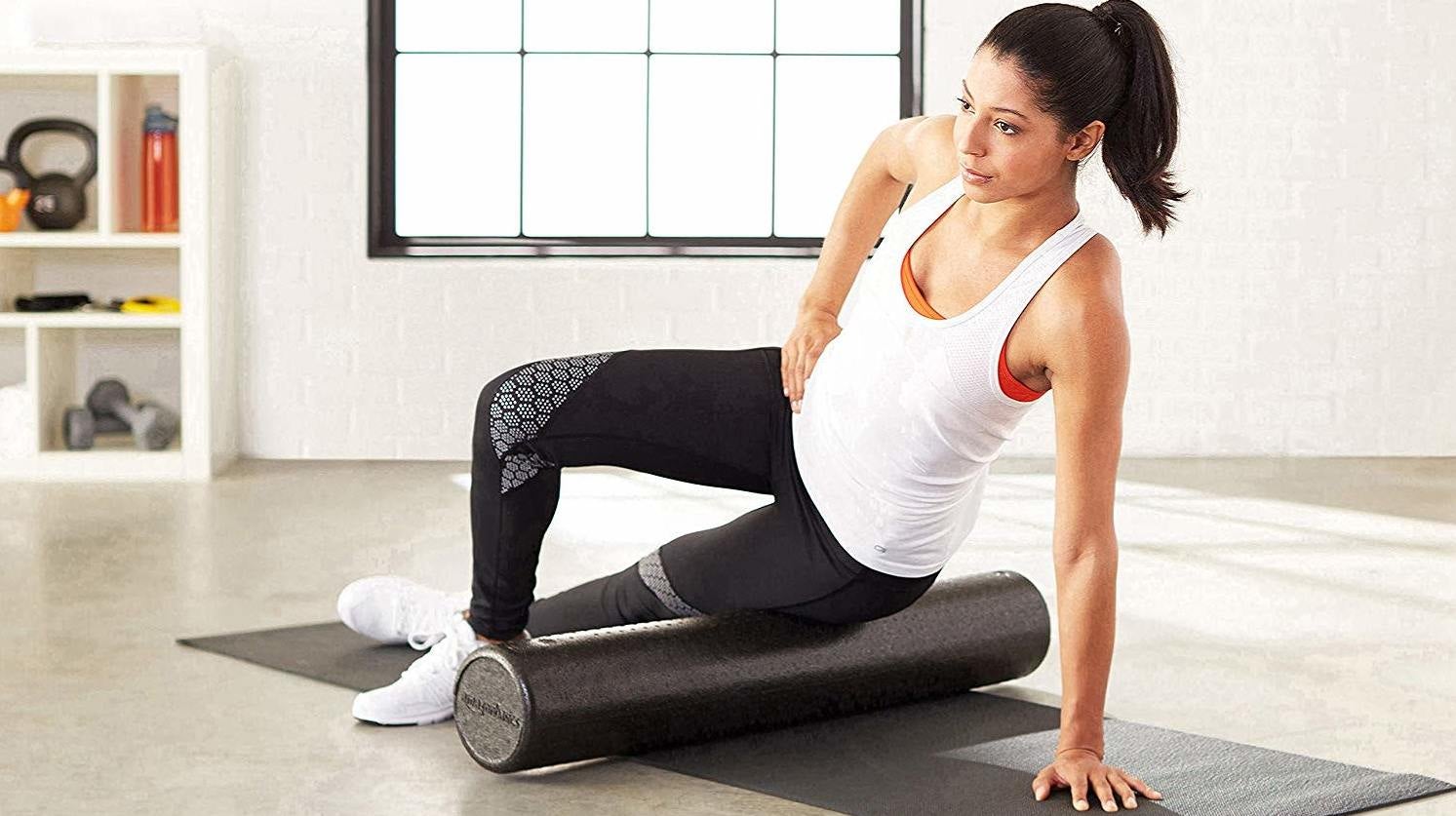
Gear Needed: A Foam Roller
If this resolution looks familiar, know that I’m waving my hand at you from behind my laptop! Naturally, I’ll also need some type of device to track elevation gain, but you know what I think is more important? A foam roller. You know, the basic black roller that costs less than $20 but saves you hours of physical therapy appointments annually? That one. The way I see it, I’ll be tackling a minimum of 2,000 feet of climbing every week which means I’ll use this roller daily to help keep my quads in working order.
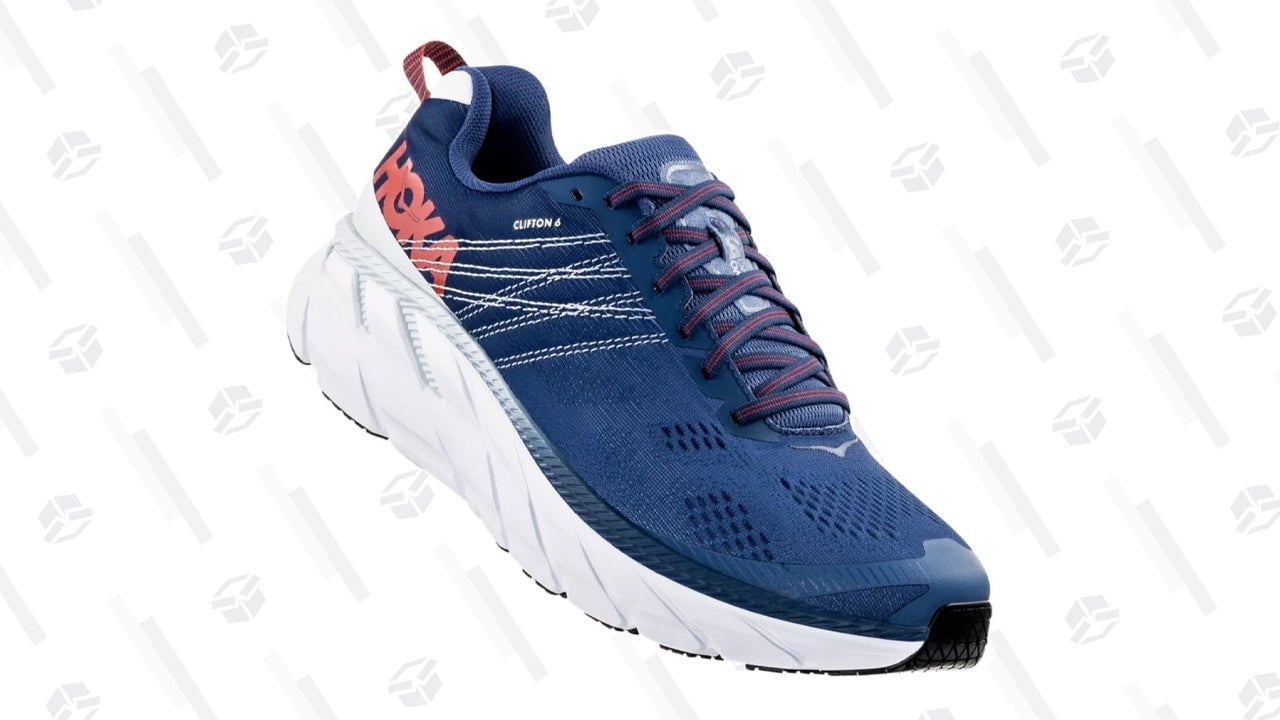
Gear Needed: Hoka Clifton 6 Running Shoes
You may be thinking, “Who in their right mind would run 52 marathons in a year?” And you’d be right—except for this guy did just that. Obviously, anyone running that many miles needs a good-quality pair of shoes, and I highly recommend the Clifton 6. It’s one of Hoka’s more popular shoes, and for good reason. Not only does it boast the brand’s maximum cushioning, but it features neutral stability and not-a-lot of weight. Takeaway: it’ll be a great shoe for a lot of people.
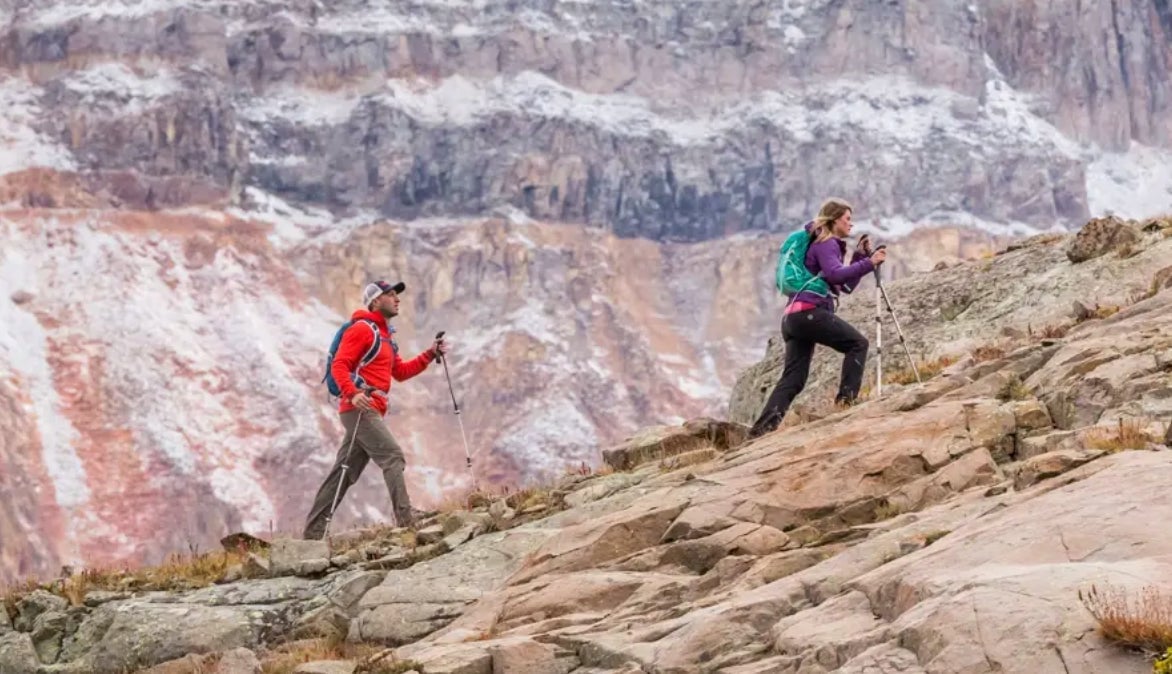
Gear: Osprey Talon 22 Daypack
Not everyone is ready to run a million marathons or scale sheer vertical cliffs. For those looking to begin their outdoor journey, logging regular outdoor time on the trails is a great place to start. To do this, it’s a nice bonus to have a solid daypack that can go the mileage. The Talon 22 fits everything you need—water, snacks, extra layers—but doesn’t lay you out with added weight. Plus, the continuous-wrap hip belt fits snugly and helps with weight transfer so you won’t feel a thing as you wander into the woods.
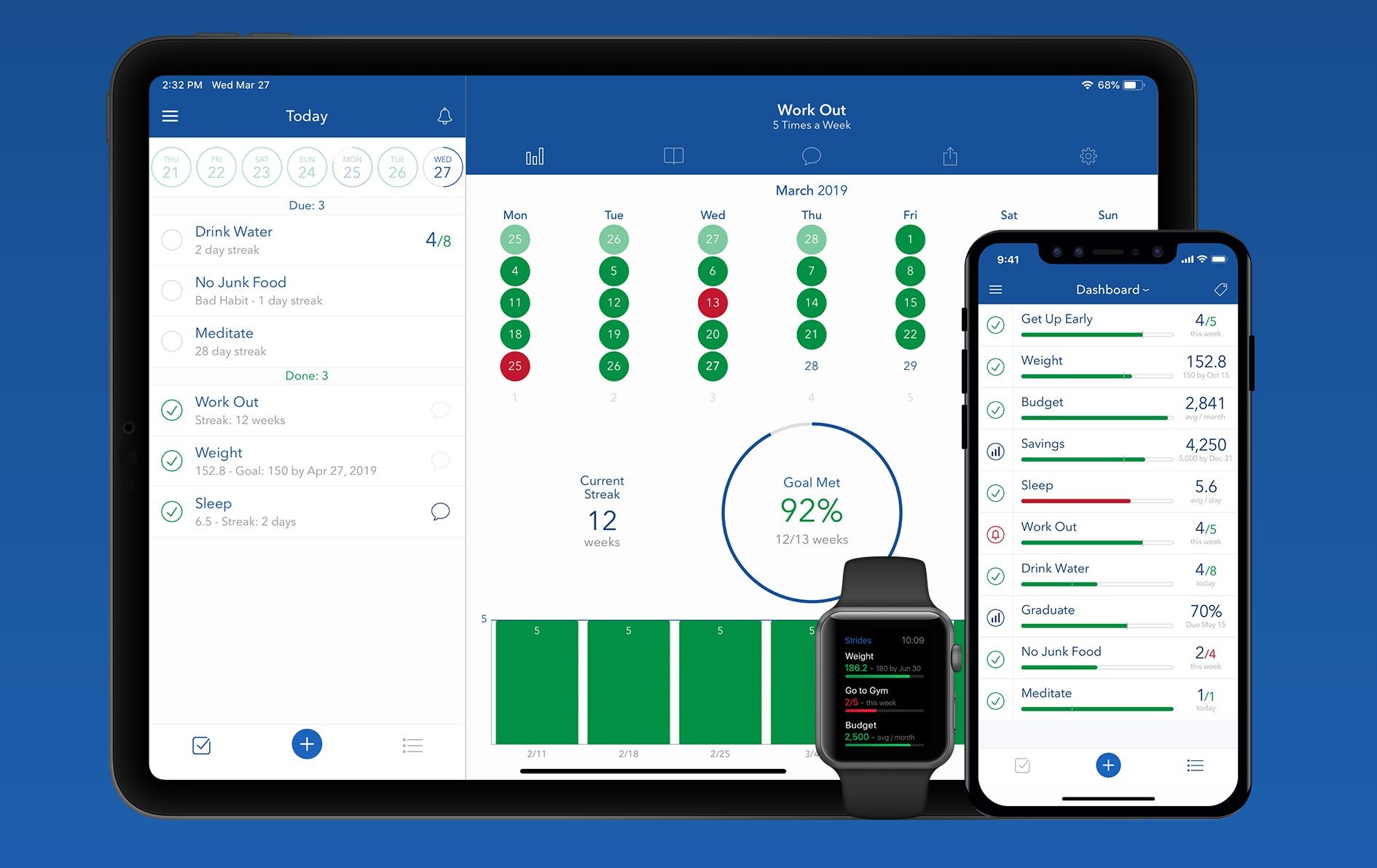
Gear: Strides App
Sometimes (okay, often) sticking to resolutions is the toughest part. Creating habits can feel difficult, so it’s nice to have a simple method of tracking your progress on a daily basis. To this end, consider the Strides App. A series of color-coded charts and graphs helps you visually see progress for the habits you’ve decided to track, and easy-to-use templates make it simple to monitor complicated goals like annual elevation gain or basic goals like drinking eight glasses of water per day.
